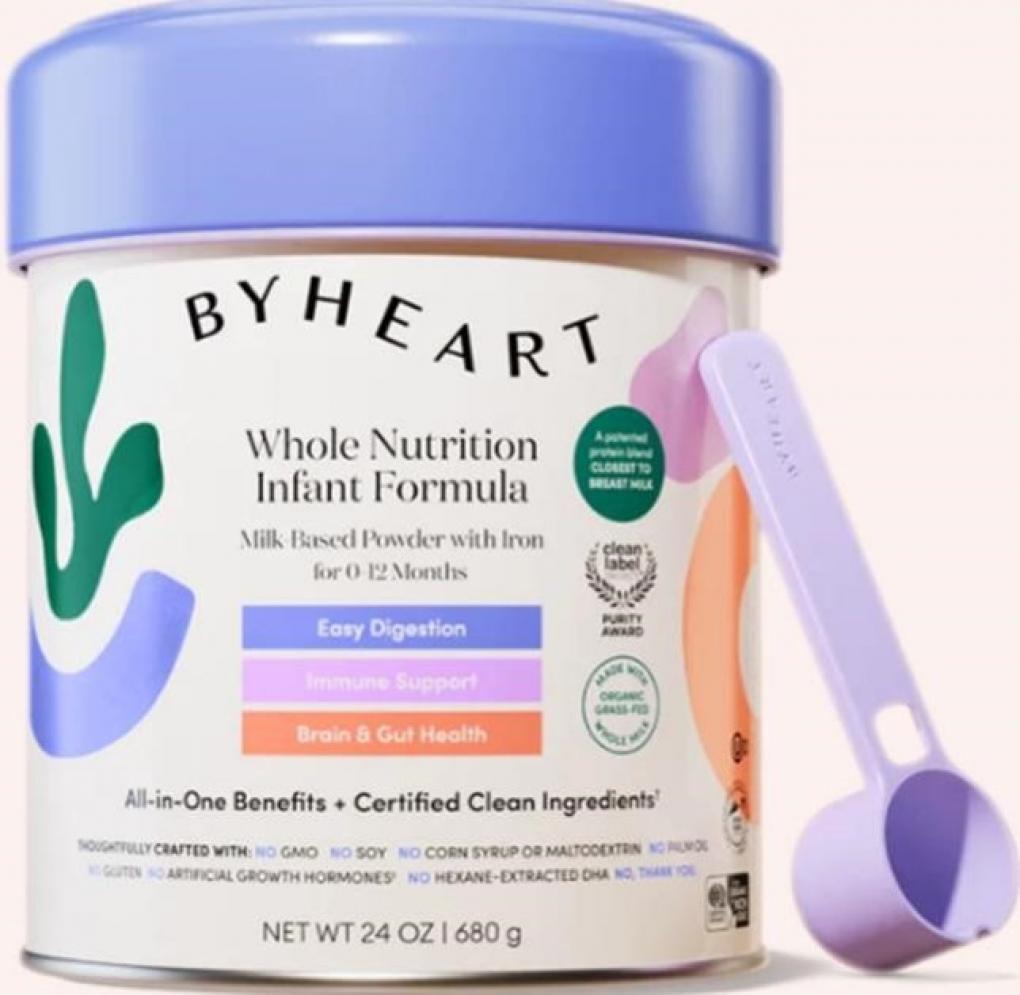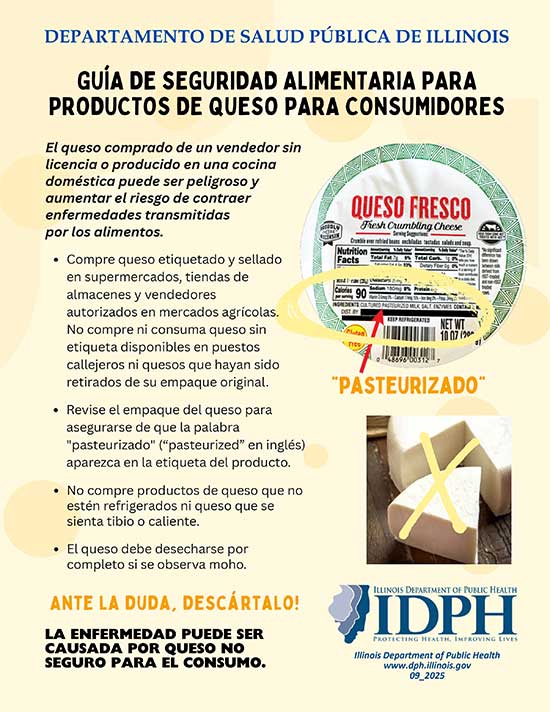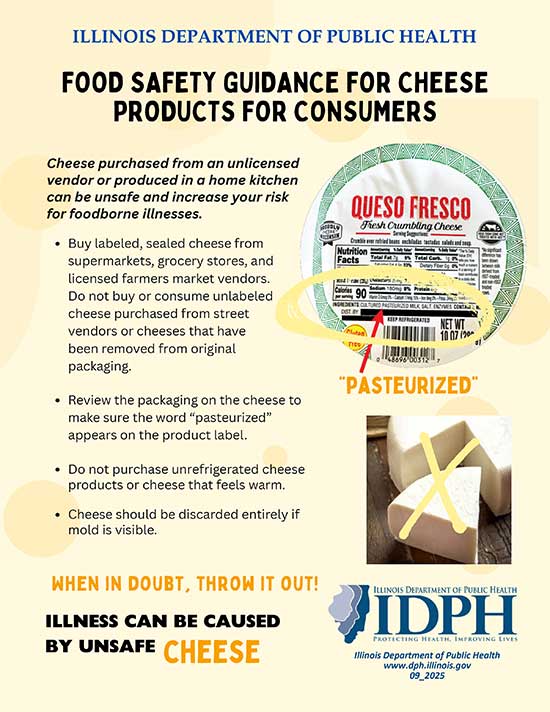

Mówimy w twoim języku
Please call ahead with any questions or to make appointments.
South Clinic 708-424-9200
North Clinic 708-788-9100
Dental & Podiatry Clients: 708-237-8941


We do not take "walk-up" appointments- All patients are seen by appointment and all appointments are made over the phone.
SOUTH 708-424-9200 • Seniors Only
Aligned with our mission, the Stickney Public Health District has goals to promote physical activity and healthy eating; reduce obesity; and decrease the level of untreated high blood pressure in our community. We work together with many partners --- community-based organizations, schools, senior homes to name a few – to develop and implement programs and initiatives that make healthy living easier for our residents.
 [New York, NY] – ByHeart a next-generation baby nutrition company, announced today that it is expanding its voluntary recall to include all batches of ByHeart Whole Nutrition Infant Formula cans and Anywhere Pack™ nationwide. This action is being taken in close collaboration with the U.S. Food and Drug Administration (FDA), despite the fact that no unopened ByHeart product has tested positive for Clostridium botulinum spores or toxin.
Infant botulism is a rare but serious illness that occurs when Clostridium botulinum spores are ingested and then colonize the intestinal tract, producing botulinum neurotoxins in the immature gut of infants. Affected infants can present with some or all of the following signs and symptoms: constipation, poor feeding, ptosis (drooping eyelid), sluggish pupils, low muscle tone, difficulty sucking and swallowing, weak or altered cry, generalized weakness, respiratory difficulty, and possible respiratory arrest. If your child is experiencing any of these symptoms, please seek medical attention immediately.
The FDA and CDC have been conducting a broader investigation into a spike of 84 infant botulism cases that started in August. Once ByHeart was alerted on November 7, 2025, the company acted decisively. The results of the FDA’s investigation into the broader cases will help inform any additional steps as our own investigation continues.
What Consumers Should Do:>p>
Consumers who have purchased ByHeart Whole Nutrition Infant Formula cans and Anywhere Pack™ should immediately discontinue use and dispose of the product.
If your infant is experiencing symptoms related to infant botulism, contact your health care provider immediately.
[New York, NY] – ByHeart a next-generation baby nutrition company, announced today that it is expanding its voluntary recall to include all batches of ByHeart Whole Nutrition Infant Formula cans and Anywhere Pack™ nationwide. This action is being taken in close collaboration with the U.S. Food and Drug Administration (FDA), despite the fact that no unopened ByHeart product has tested positive for Clostridium botulinum spores or toxin.
Infant botulism is a rare but serious illness that occurs when Clostridium botulinum spores are ingested and then colonize the intestinal tract, producing botulinum neurotoxins in the immature gut of infants. Affected infants can present with some or all of the following signs and symptoms: constipation, poor feeding, ptosis (drooping eyelid), sluggish pupils, low muscle tone, difficulty sucking and swallowing, weak or altered cry, generalized weakness, respiratory difficulty, and possible respiratory arrest. If your child is experiencing any of these symptoms, please seek medical attention immediately.
The FDA and CDC have been conducting a broader investigation into a spike of 84 infant botulism cases that started in August. Once ByHeart was alerted on November 7, 2025, the company acted decisively. The results of the FDA’s investigation into the broader cases will help inform any additional steps as our own investigation continues.
What Consumers Should Do:>p>
Consumers who have purchased ByHeart Whole Nutrition Infant Formula cans and Anywhere Pack™ should immediately discontinue use and dispose of the product.
If your infant is experiencing symptoms related to infant botulism, contact your health care provider immediately.


 Information and Clinic dates can be found here.
Information and Clinic dates can be found here.To make an appointment call our South clinic at 708-424-9200 or our North Clinic at (708) 788-9100. If you are a new patient with us you will need to provide shot records and any other pertinent information.

Descargue este folleto de vacunas en español aquí.